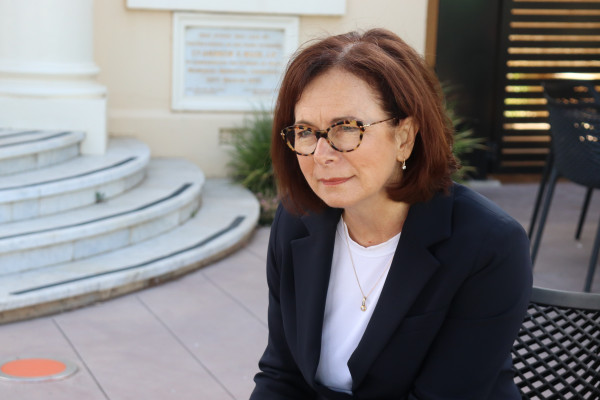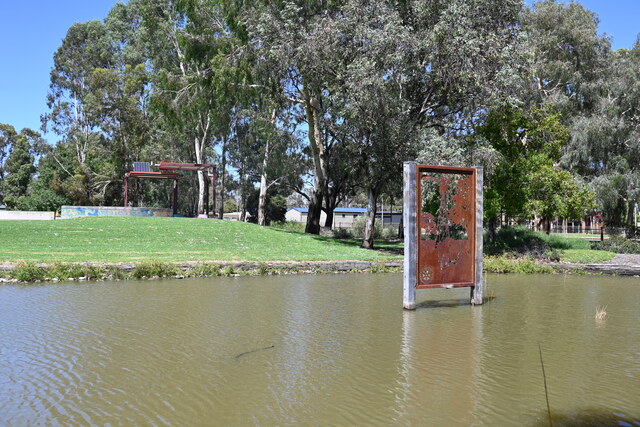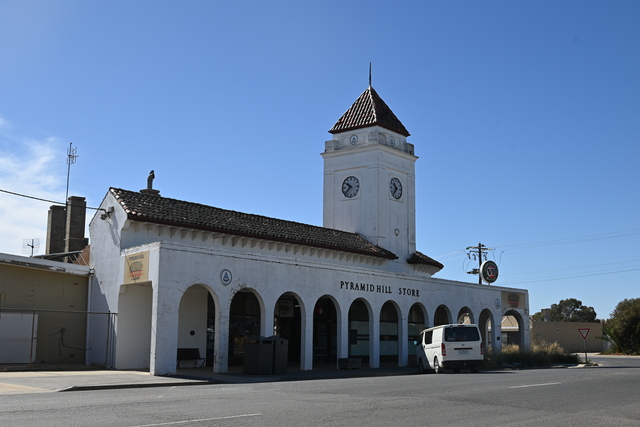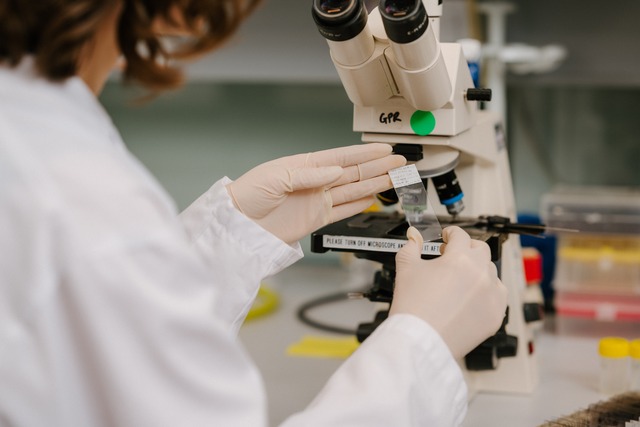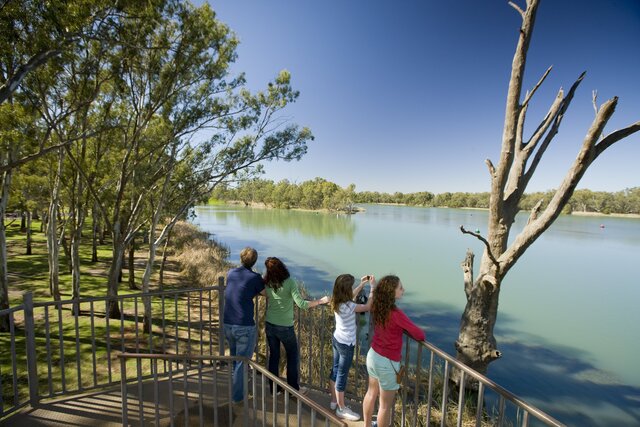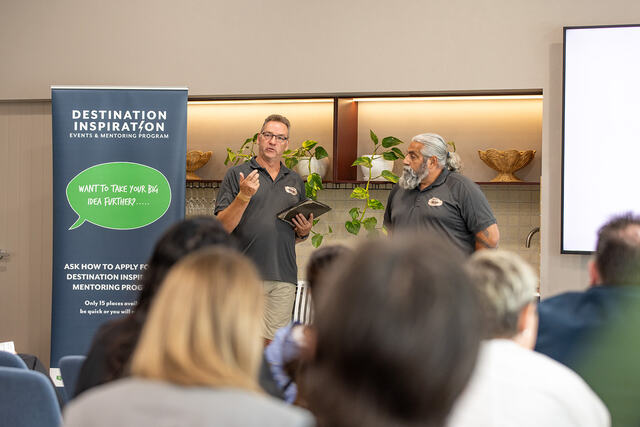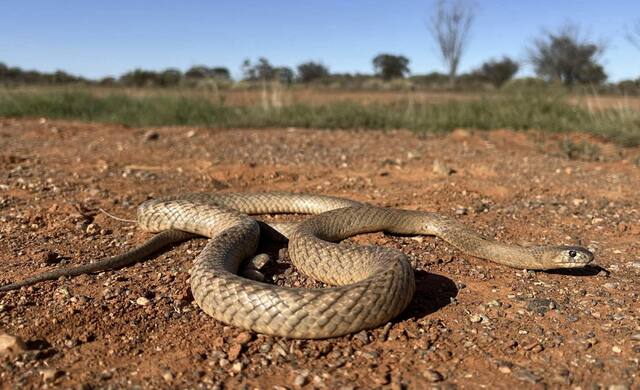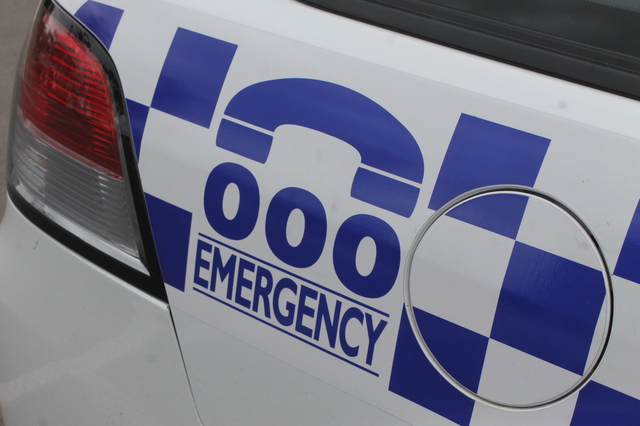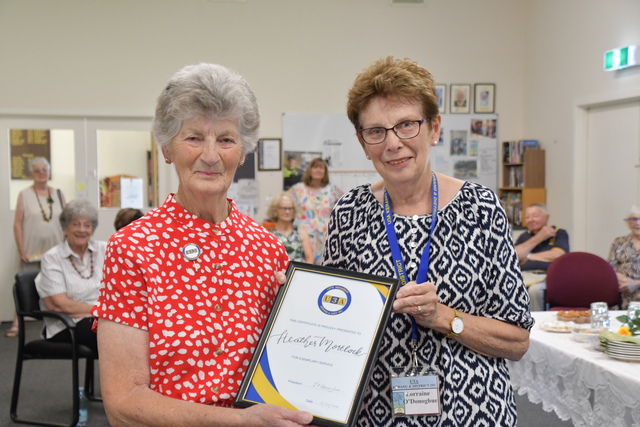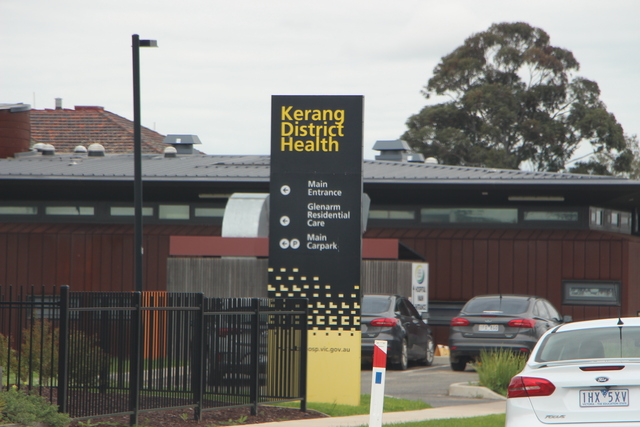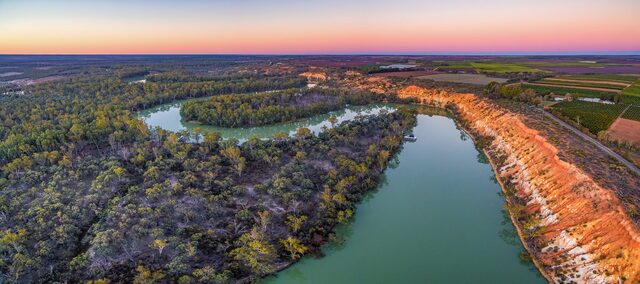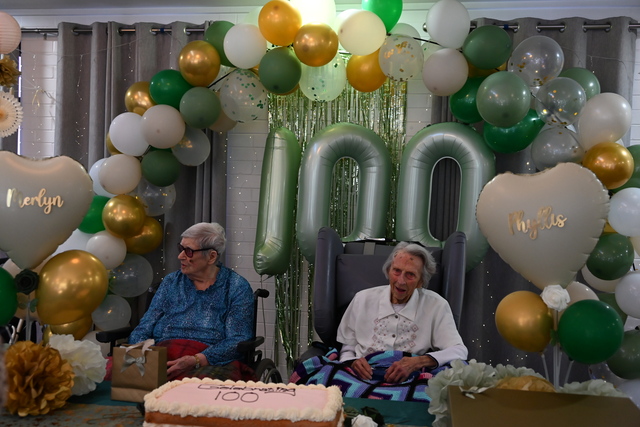MEMBER for Mallee Anne Webster is concerned that discussions about alternatives to water buybacks to deliver the Murray-Darling Basin Plan will not be “genuine consultation”.
Federal Water Minister Tanya Plibersek recently invited communities to share their views about how to best deliver the Murray-Darling Basin Plan, including 450GL to enhance environmental outcomes, but Dr Webster is sceptical of Ms Plibersek’s intentions.
“Knowing Labor’s aversion to the socioeconomic test for buybacks introduced by The Nationals, and the minister’s commitment to the government purchasing water despite its impact on communities, how can anyone be confident this is going to be genuine consultation?” Dr Webster said.
“The minister says all options are on the table, but are they going to pick and choose who they listen to under the guise of innovation and practicality until they get the answer they want?”
Dr Webster said she was concerned that the government was not fully aware of the impact water buybacks had on regional communities the last time they were implemented.
“The last time water buybacks were instituted it resulted in a Swiss cheese of horticulture properties when farmers sold off their water and left dry paddocks,” she said.
“The burden for water infrastructure for remaining properties to bypass those dry paddocks fell to existing farmers – this is not something we want to revisit.”
Murrabit dairy farmer and Victorian Farmers Federation (VFF) water council chair Andrew Leahy told The Guardian he had seen first hand the impact of water buybacks on irrigation districts.
“The buybacks are going to hit us hard. It hurts communities,” Mr Leahy said.
“What we found was what they call the Swiss cheese effect, where people are throwing water out of sections of the irrigation districts, which meant we still had to service those sections, but half the water was gone.
“So if you are going to do it, the strategic buyback would be you only buy it out of certain areas. But we are not advocating that either, we are not advocating any buying of water like that.”
Mr Leahy said there were better alternatives for helping the environment than water buybacks, and those alternatives did not need to be measured by volumes of water.
“I’m 52 and we’ve been around for a long time farming, and we’ve done irrigation layouts to better our water efficiency,” he said.
“We’ve done lots of things to use less water – we’ve put pipes in so we’re not wasting water, we’ve lasered country to make sure we water more efficiently.
“We’ve been doing this for 40 years, the environment has been doing the same thing – we’re running on less water, and the environmental water holder has probably got to accept that they will have less water too.
“We’ve got to look outside the box to get find those types of ideas so we don’t have to use extra water.”
Ms Plibersek did not respond to questions before deadline.

